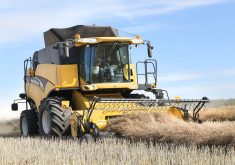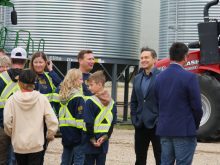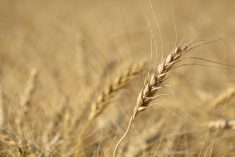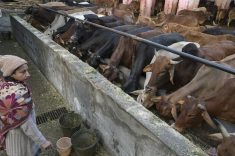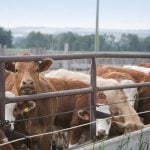HARROWBY, Man. – The Wondrasek farm sits on the edge of the verdant
Assiniboine River valley, its land overlooking the winding waterway,
lush meadows and a deer’s paradise of bush.
Their farmyard is a quiet, green playground for their children,
surrounded by trees and dominated by the songs of birds and the whisper
of the prairie wind.
It’s a perfect place to focus on the wonderful aspects of farming,
something many have trouble doing these days. But the Wondraseks know
Read Also
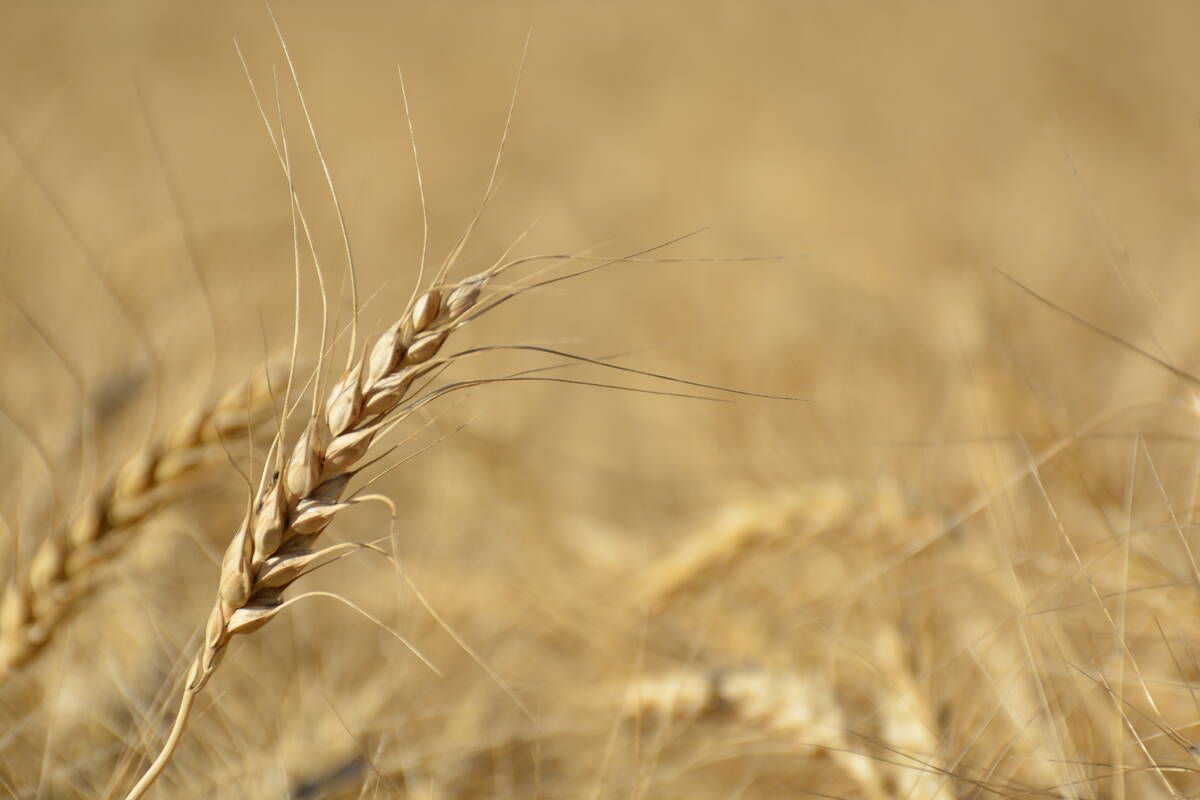
USDA’s August corn yield estimates are bearish
The yield estimates for wheat and soybeans were neutral to bullish, but these were largely a sideshow when compared with corn.
that farming is the best possible life if you can stay ahead of the
worries.
“I don’t go to the coffee shop. I just flatly refuse to do that,” said
Randy on an early July evening as he sat at the kitchen table.
Deanna shared his sentiment.
“If you go there you’ll hear all the negative stuff, all the stuff to
worry about, all the stuff to be angry about,” she said.
“If you don’t go there you can let it slide by and look instead at
everything you’ve done for yourself.”
The Wondraseks are committed mixed farmers, believing the freedom of
farming is good for them and that a farm is the best place to raise
their two young children.
Farming isn’t easy work, but that is the least of Randy’s concerns.
“I like the work,” he said.
“I just like doing the work. I like sitting in the tractor some days,
doing the work, listening to the radio.
“It’s the same with the cattle. When I calve them out and I can see all
the calves at foot with the cows, and when they come in in the fall and
they’ve grown and they’re healthy, I feel proud.”
The Wondrasek farm includes about 2,200 acres of pasture and cropland.
They grow grain on about 1,000 acres, leaving the rest as hayland and
pasture.
They usually grow canola, wheat, barley, oats, field peas and flax.
They keep most of the barley and oats for feed.
They have 75 cow-calf pairs and use black Angus bulls. They background
about two-thirds of their calves over the winter.
The Wondrasek family has farmed this land since 1898, when Randy’s
great-grandfather settled here.
Deanna grew up on a farm near Binscarth, a few kilometres to the
southeast of where they now live. Her parents still farm.
Randy, who is a fourth generation Wondrasek farmer, doesn’t know if
there will be a fifth generation.
“It’s not something we’re going to push on the children,” said Randy.
“I had a choice. I want them to have a choice.”
Before taking over the family farm, Randy moved to the city for
education and work. He came back for the life he loved. His father had
died in 1981 but his mother held onto the land and kept the farm in the
family.
Deanna hopes Randy’s commitment to farming is shared by either
four-year-old Nicole or two-year-old Paul.
“I’d like to see one of them farm,” she said.
Having two small children keeps Deanna busy, but she also works in
Russell at the post office in a job that’s meant to be part time but
sometimes becomes full time.
Combining work and family can be tiring, but having a job in town also
helps Deanna keep things in perspective when everything in the farm
economy seems to be going badly.
Randy said the biggest tax on his strength is the steady stream of farm
operations he has to navigate.
“It just seems it goes from one thing to the next. It just seems that I
put the sprayer away and I’d better have the haybine ready or I’m
falling behind.
“When I was a kid watching my dad, it wasn’t this way. There always
seemed to be a few days between each operation. I don’t know if it’s
because we farm more acres?”
Randy and Deanna try to get away a couple of times a year for a
weekend, relying on neighbours to look after their cattle.
The Wondraseks are this year’s outstanding young farmers for Manitoba,
a program they support because they think it’s important to encourage
young farmers to think positively about the future.
While they find their present life tiring, they also find it fulfilling
and wholesome. They hope other farmers feel the same way and hope for a
day when farming doesn’t seem so fraught with threats.






